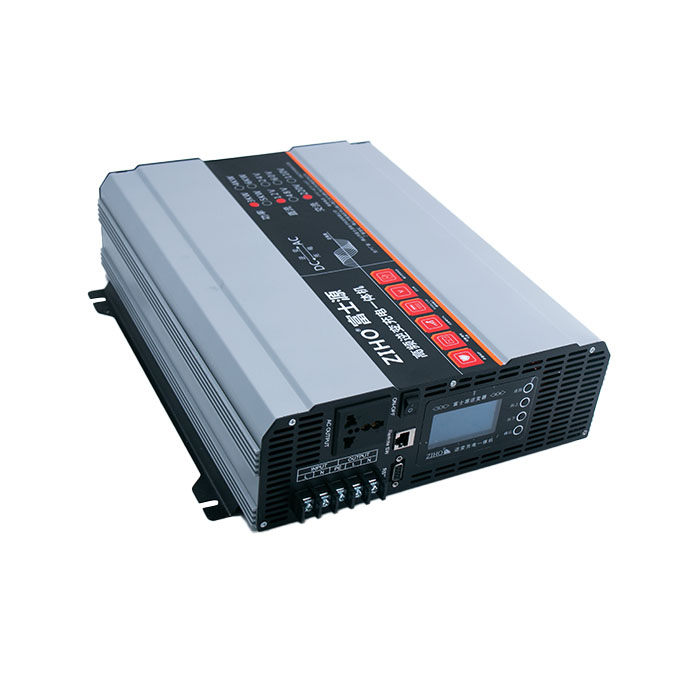Comparing the Efficiency of High-Frequency All-in-One Inverter Chargers Against Other Inverters
2024-04-19
In the world of power electronics, inverter chargers play a crucial role in converting direct current (DC) to alternating current (AC). Among the various types of inverters available, high-frequency all-in-one inverter chargers have gained significant popularity due to their efficiency and versatility. Let's delve into how the efficiency of these inverters compares to other types.
High-Frequency Efficiency
High-frequency all-in-one inverter chargers operate at much higher frequencies than traditional inverters. This higher frequency allows for a more efficient conversion of DC to AC power. The increased switching speed reduces energy losses and heat generation, resulting in higher overall efficiency. This efficiency is particularly beneficial in applications where power consumption is a concern, such as in RVs, boats, or off-grid systems.
Comparison with Low-Frequency Inverters
When compared to low-frequency inverters, high-frequency all-in-one inverter chargers offer several advantages. Low-frequency inverters typically operate at slower switching speeds, leading to increased energy losses and heat generation. This not only reduces their efficiency but also makes them less reliable and prone to overheating. On the other hand, high-frequency inverters offer a more efficient and cooler operation, ensuring longer lifespan and better performance.
Versatility and Integration
Another aspect that sets high-frequency all-in-one inverter chargers apart is their versatility and integration capabilities. These inverters often come with additional features such as battery charging, power management, and protection circuits. This integration not only simplifies the overall system design but also enhances its efficiency. By combining multiple functions into a single unit, high-frequency all-in-one inverter chargers eliminate the need for additional components and wiring, reducing energy losses and improving overall efficiency.
Cost-Effectiveness
While initial investment in a high-frequency all-in-one inverter charger may be higher than some traditional inverters, their efficiency and long-term reliability often justify the cost. The reduced energy losses and longer lifespan of these inverters lead to lower operating costs and maintenance requirements. In the long run, this can translate into significant savings for users.
Conclusion
High-frequency all-in-one inverter chargers offer superior efficiency compared to other inverters. Their higher switching speeds, integrated features, and cost-effectiveness make them an excellent choice for various applications, from homes and offices to RVs, boats, and industrial settings. If you're looking for a reliable and efficient power solution, a high-frequency all-in-one inverter charger is worth considering.



